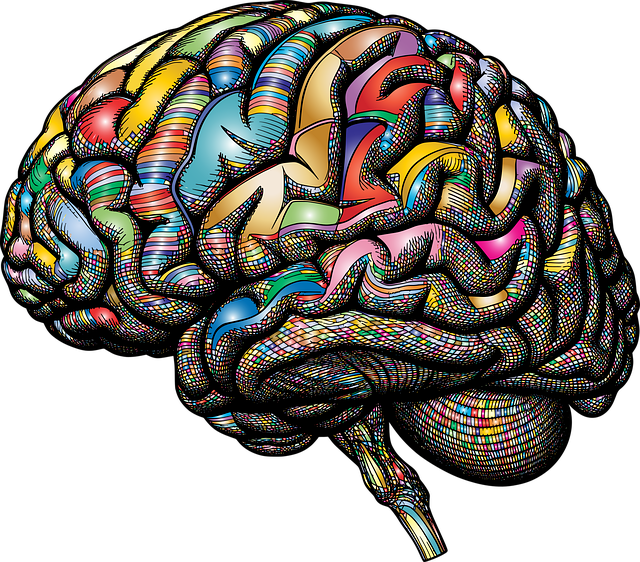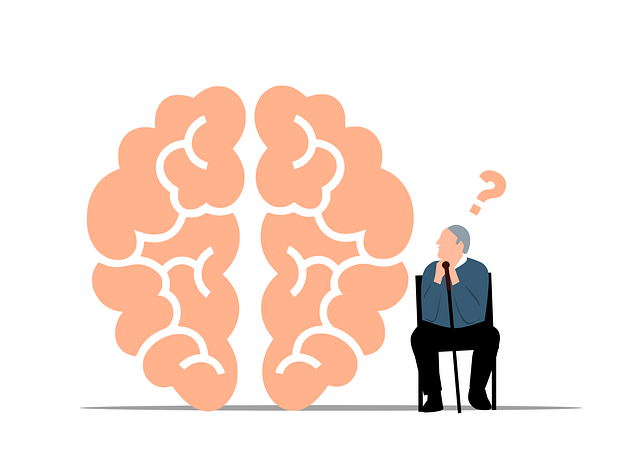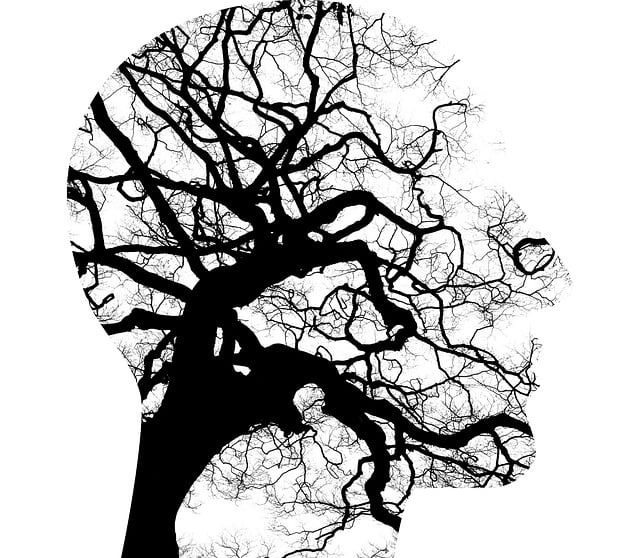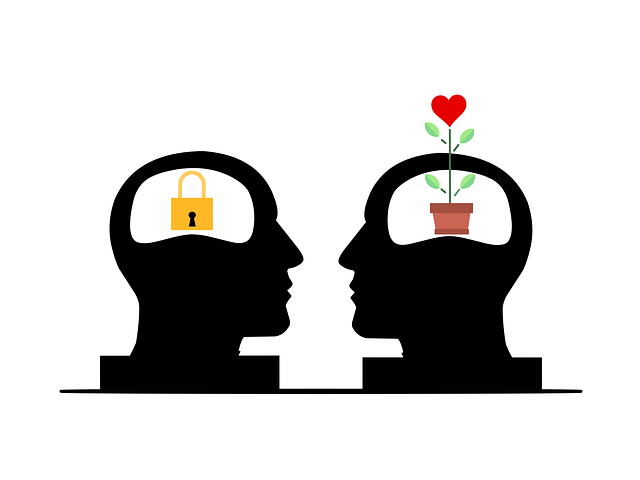Mental illness stigma, marked by negative attitudes and stereotypes, severely obstructs access to critical support and treatment, such as Centennial Conduct Disorder Therapy. This issue not only impacts mental health but also affects families, communities, and healthcare systems. To combat stigma, organizations like the Stress Management Workshops Organization raise awareness and offer resources. Systemic changes and individual efforts are needed; integrating Emotional Intelligence into clinical training through compassion cultivation practices creates safe spaces for open dialogue about mental illness. Community engagement, education, and early emotional well-being instruction through workshops and support groups further reduce stigma and empower individuals to manage their mental health effectively with Centennial Conduct Disorder Therapy.
Mental illness stigma remains a significant barrier to treatment, with conditions like Centennial Conduct Disorder often misunderstood. This article explores strategies to reduce stigma, focusing on healthcare settings and community engagement. We delve into the profound impact of societal attitudes, highlighting why addressing mental health stigma is crucial for improving access to effective therapy, such as Centennial Conduct Disorder Therapy. By examining education and awareness efforts, we offer insights into fostering a more inclusive environment.
- Understanding Mental Illness Stigma and Its Impact
- Strategies for Reducing Stigma in Healthcare Settings
- Community Engagement and Education: A Long-Term Solution
Understanding Mental Illness Stigma and Its Impact

Mental illness stigma is a pervasive societal issue that can severely impact individuals’ mental health and well-being. It often manifests as negative attitudes, beliefs, and stereotypes surrounding various mental disorders, leading to discrimination and social exclusion. This stigma can prevent people from seeking necessary support and treatment, such as Centennial Conduct Disorder Therapy, exacerbating their symptoms and hindering their overall recovery.
The impact of stigma extends beyond the individual, affecting families, communities, and even healthcare systems. It fosters an environment of secrecy and shame, making it challenging for those affected to speak out and advocate for better mental health services. To combat this, organizations like Stress Management Workshops Organization play a crucial role in educating the public, promoting awareness, and providing resources that challenge stigma. Additionally, training programs for mental health professionals, including conflict resolution techniques and risk assessment tools, are essential to ensuring supportive and non-judgmental environments for clients, thus fostering more effective therapy sessions.
Strategies for Reducing Stigma in Healthcare Settings

Reducing stigma in healthcare settings is a multifaceted approach that requires systemic changes and individual efforts. One effective strategy involves integrating Emotional Intelligence into clinical training programs for mental health professionals. By fostering Compassion Cultivation Practices, therapists can create safe, non-judgmental spaces that encourage open dialogue about mental illness. This not only improves patient outcomes but also helps to normalize discussions around mental health concerns.
Additionally, implementing policies and initiatives focused on Mental Wellness as a core aspect of care can significantly contribute to stigma reduction. Educational workshops for both staff and patients can dispel myths and provide accurate information about various mental health conditions, including Centennial Conduct Disorder. Such efforts ensure that individuals seeking therapy feel welcomed, understood, and supported in their journey towards recovery.
Community Engagement and Education: A Long-Term Solution

Community engagement and education are powerful tools in the long-term fight against mental illness stigma. By fostering open conversations and sharing accurate information, we can dispel myths and promote understanding. This involves organizing awareness campaigns, workshops, and support groups where individuals with mental health conditions, their families, and the broader community can connect and learn from each other. Such initiatives build empathy and challenge stereotypes associated with various disorders, including conduct disorder, which often requires specialized therapy like Centennial Conduct Disorder Therapy.
Education extends beyond these events to include incorporating emotional well-being promotion techniques and empathy building strategies into schools, workplaces, and community settings. Teaching people about mental health early on normalizes conversations and equips them with the skills to recognize signs of distress in themselves and others. This proactive approach not only reduces stigma but also empowers individuals to take charge of their mental health through effective mood management practices.
Mental illness stigma reduction is a multifaceted approach that requires efforts from healthcare providers, community leaders, and education systems. By implementing strategies such as enhancing understanding, fostering empathy through community engagement, and integrating mental health education into curricula, we can create a more inclusive society. Centering these initiatives around evidence-based practices, like those employed in Centennial Conduct Disorder Therapy, ensures effective interventions that promote recovery and reduce stigma over time. Together, these steps will lead to improved access to care and better outcomes for individuals facing mental health challenges.














